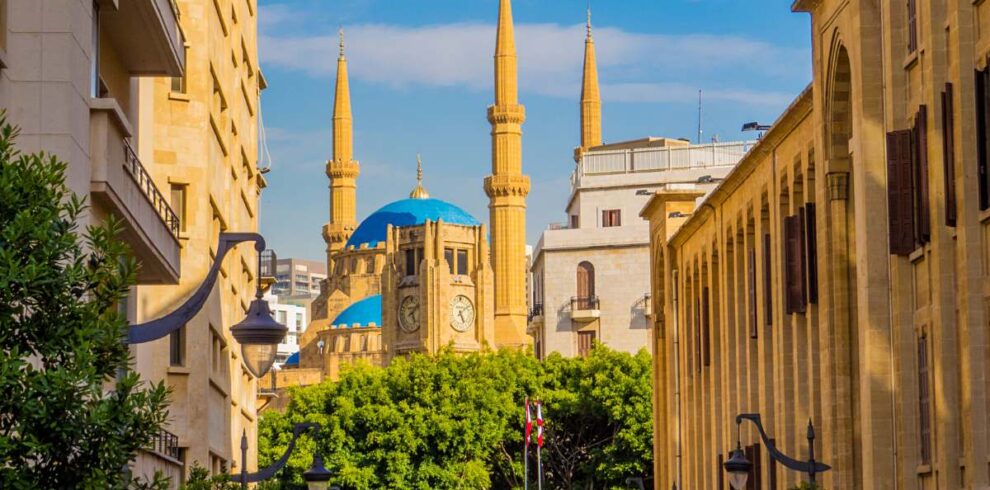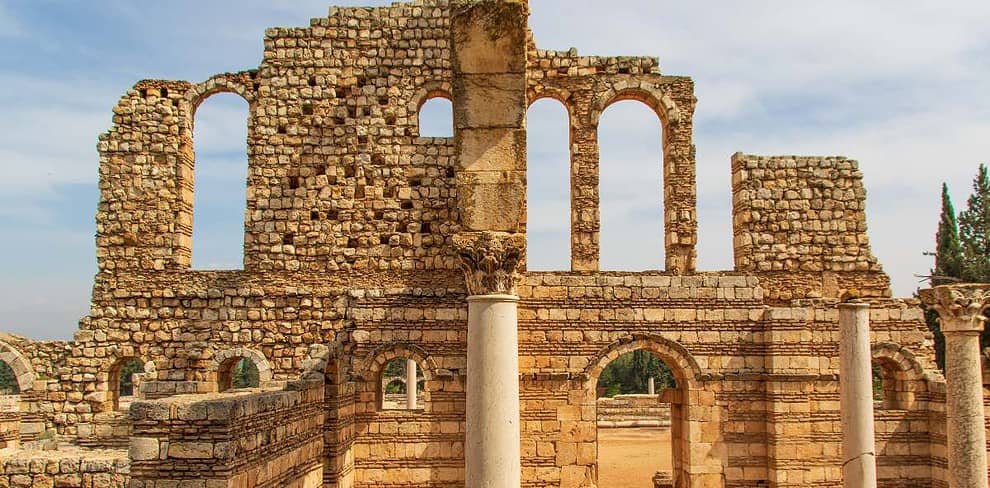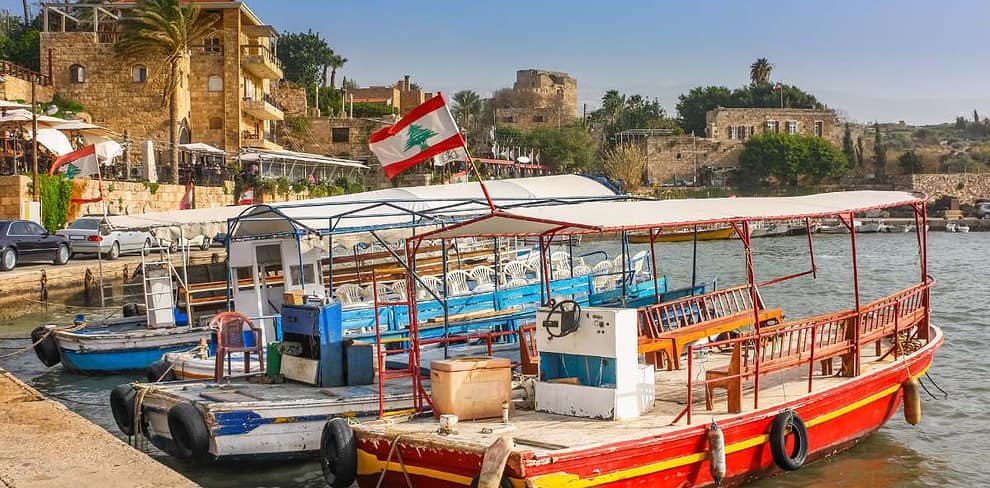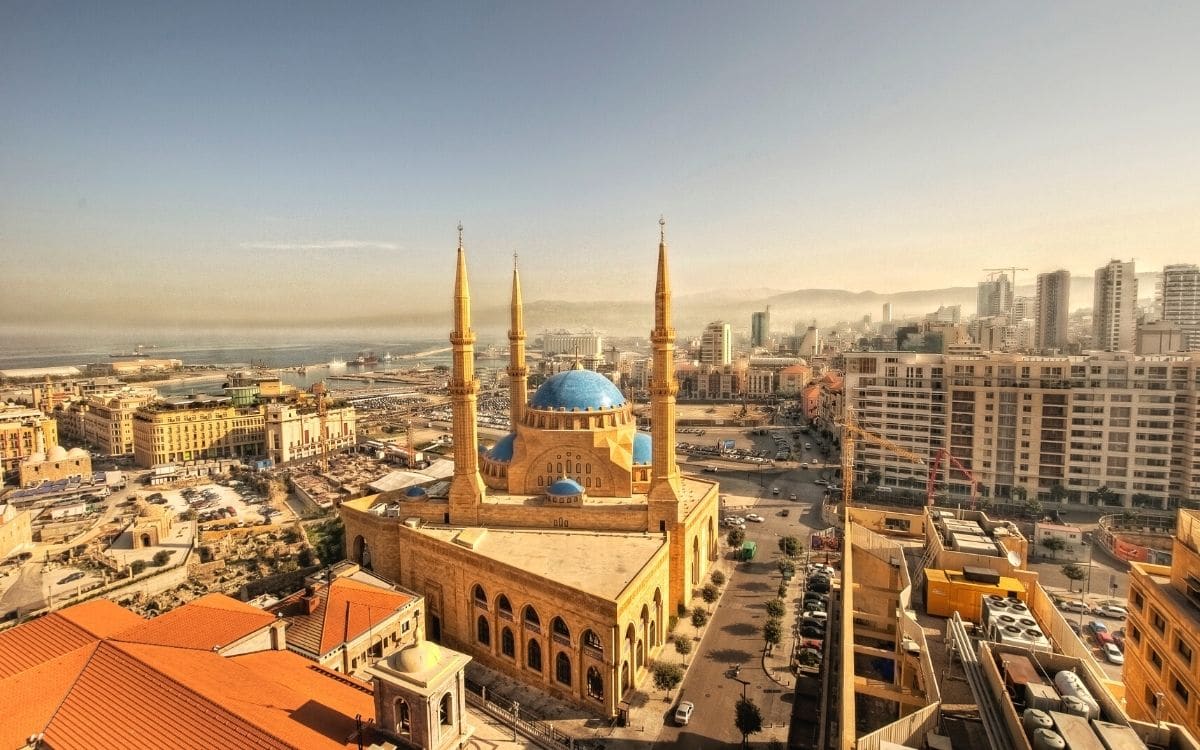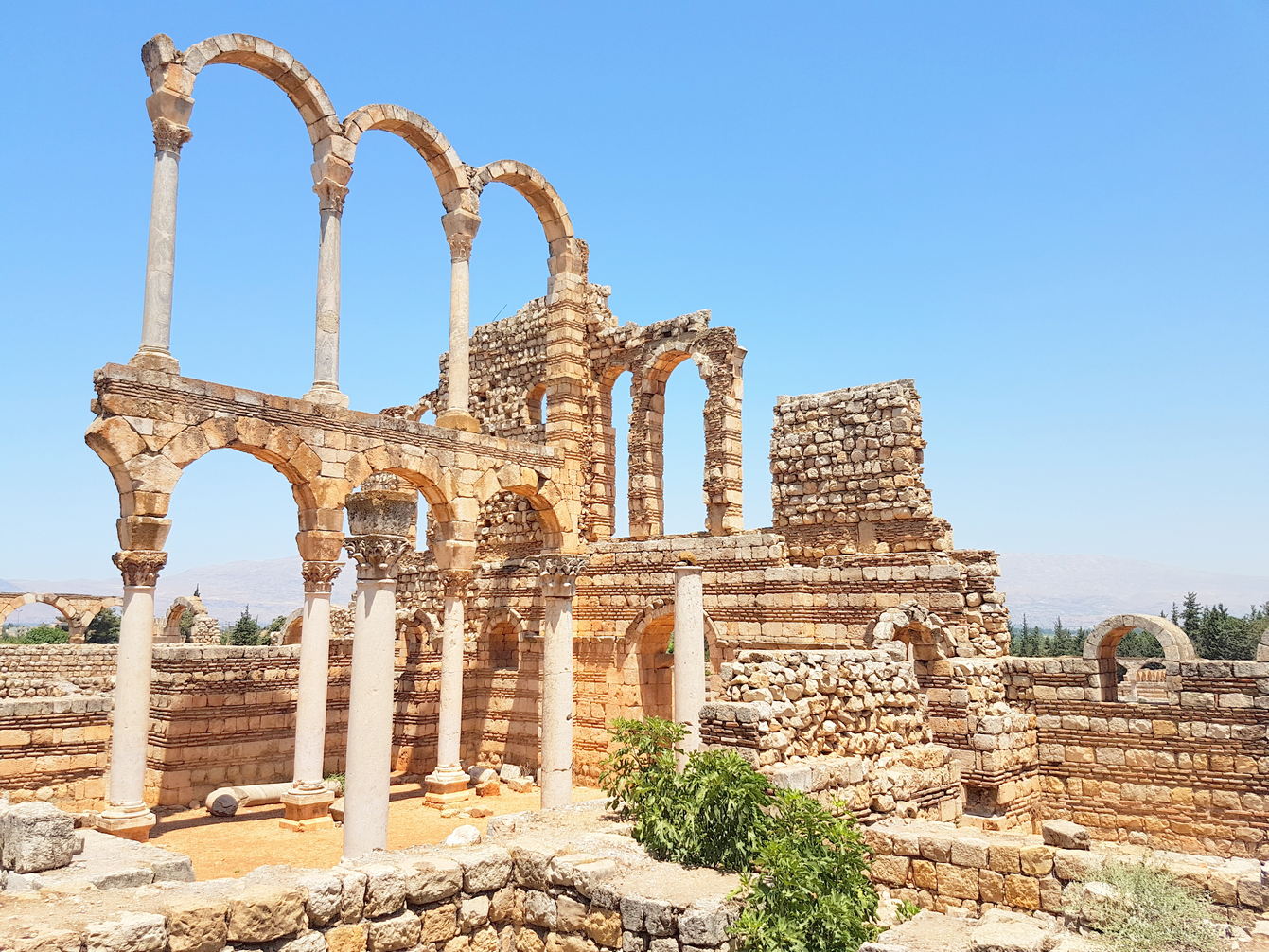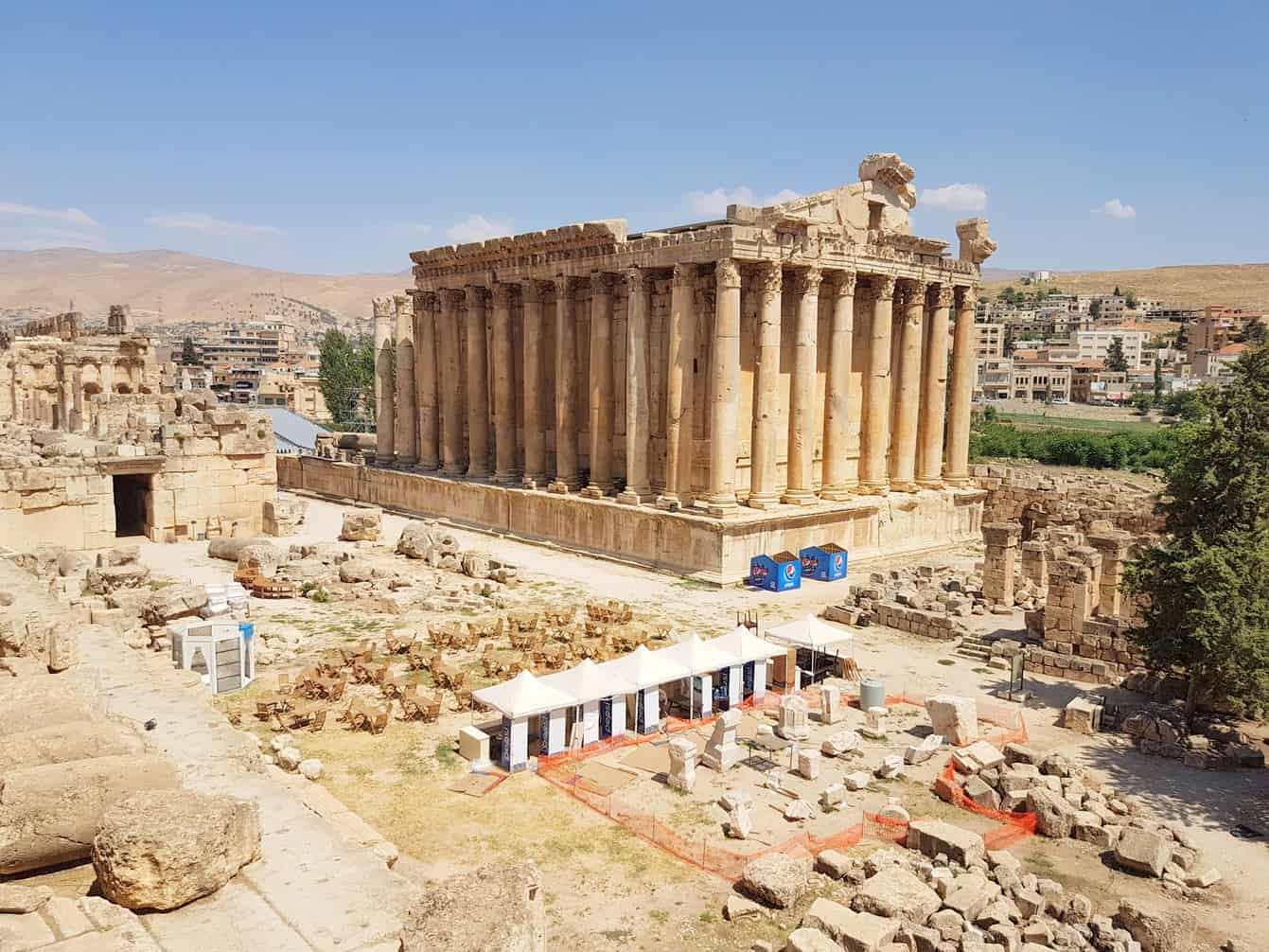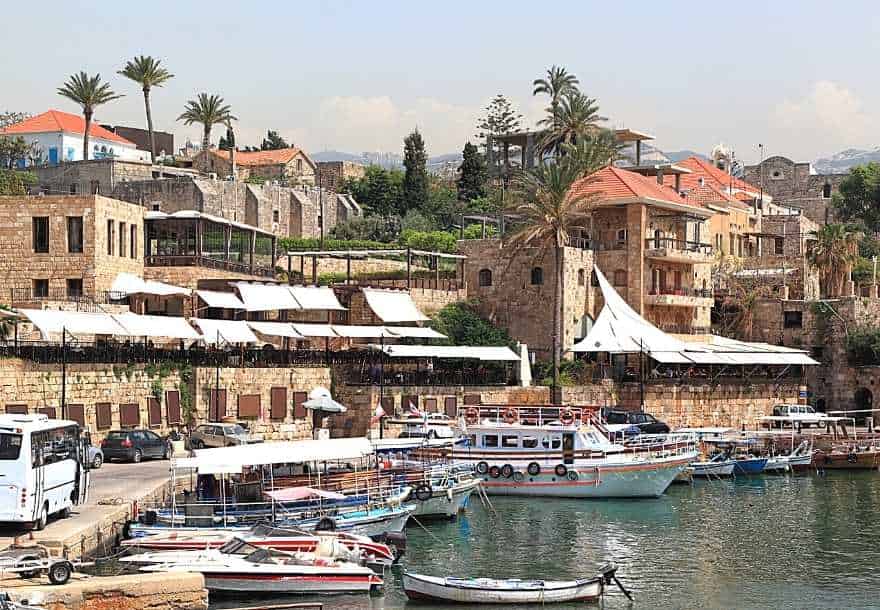Table of Contents
Delve into Libya culture as we offer you an in-depth insight into the customs of Libya, along with its rich and vibrant heritage, encompassing traditions, values, and unique customs and practices.
Libyans prioritize hospitality and warmly welcome guests. Family forms the foundation of Libyan society, fostering strong connections and a sense of community. It’s crucial to acknowledge that Libya culture is in a constant state of evolution, influenced by historical events, regional dynamics, and global interactions.
understanding the culture of Libya can provide valuable insights into the intricate and diverse society of the nation.
Libya Culture
Here are the most important points to begin learning about Libya culture and customs:
- Ethnic Diversity: Libya is home to a diverse mix of ethnic groups, each with its own customs and traditions. Arabs, Berbers, Tuaregs, and Toubou are some of the major ethnic communities.
- Languages: Arabic is the official language of Libya, but numerous regional languages and dialects are spoken throughout the country.
- Islamic Practices: Libya is predominantly a Muslim country, and Islam is deeply ingrained in Libya culture, affecting daily life, values, and societal norms. This includes daily prayers, fasting during Ramadan, and adherence to Islamic dietary laws. The majority of Libyans practice Sunni Islam.
- Greeting Etiquette: Greetings are an essential part of Libya culture. Handshakes are common between men, while men and women usually do not shake hands. Instead, they greet each other verbally with polite phrases.
- Traditional Clothing: Traditional Libyan clothing, such as the “thobe” for men and various styles of dresses for women, is commonly worn. Traditional attire varies by region and ethnicity but remains an integral part of Libyan identity.
- Cuisine: Libyan cuisine features dishes like couscous, grilled meats, and a variety of stews. It reflects a fusion of North African and Mediterranean flavors.
- Hospitality: Libyans are renowned for their warm hospitality. When guests visit, they are offered tea, meals, and often a place to stay. It is considered impolite to decline such offers.
- Respect for Elders: Respect for elders is a deeply ingrained custom. Younger individuals show deference to their seniors through words and actions.
- Arts and Crafts: Libya has a rich tradition of arts and crafts, including intricate embroidery, pottery, calligraphy, and traditional jewelry making.
- Music and Dance: Traditional Libyan music includes instruments like the oud and darbuka. Folk dances are an integral part of cultural celebrations.
- Celebration of Festivals: Libyans celebrate various religious and cultural festivals, such as Eid al-Fitr, Eid al-Adha, and Amazigh New Year (Yennayer). These celebrations often involve special prayers, feasts, and gatherings with family and friends.
- Family and Community: Family is central to Libyan society, and strong community bonds are essential for support and social cohesion.
- Gender Roles: Gender roles are traditionally defined, with men and women often occupying distinct social spheres. However, changes are occurring, particularly in urban areas.
- Arranged Marriages: Arranged marriages are a prevalent custom in Libya. Families play a central role in matchmaking, and the union is seen as a commitment not only between individuals but also between families.
- Conflict and Resilience: Libya’s history of conflict has shaped its culture, fostering resilience and strong community ties.
These customs are essential aspects of Libya culture and are readily visible in everyday life, reflecting the country’s rich cultural heritage and strong sense of community and tradition.
Libya Traditional Attire
Libya traditional attire reflects the nation’s diverse cultural heritage, regional distinctions, and historical influences. Libyan clothing serves both functional and cultural purposes, conveying significant social meanings.
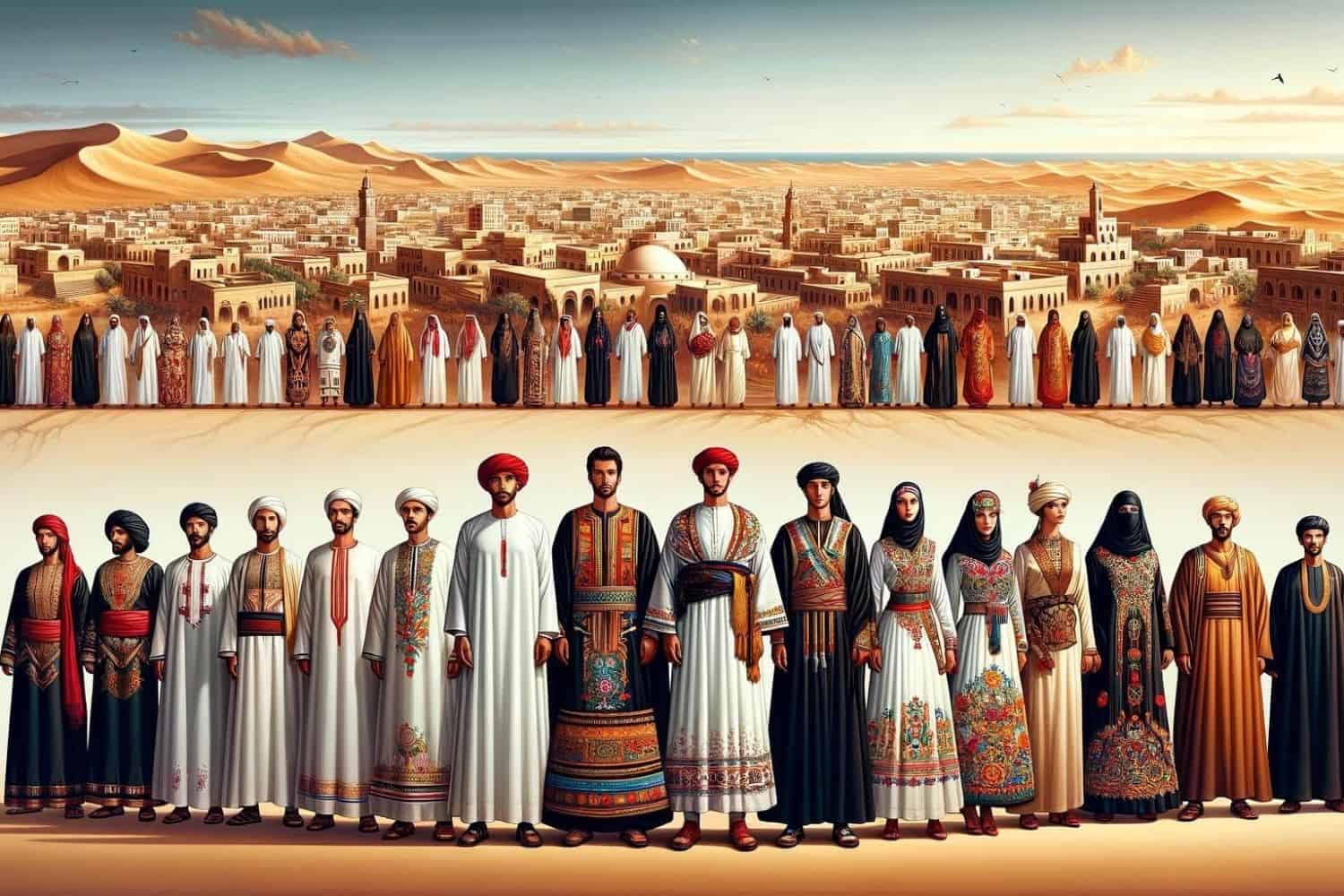
1. Regional Diversity: Traditional clothing in Libya varies across regions, influenced by local climates, lifestyles, and ethnic traditions. In the cooler northern regions and mountainous areas, people often prefer heavier and layered garments, whereas in the warmer southern regions, lighter clothing is more common.
2. Libyan Garments: The traditional attire in Libya showcases the nation’s diverse ethnic groups. For instance, the Libyan “djellaba” is a common garment, typically worn by men. It consists of a loose-fitting, ankle-length robe, often accompanied by a head covering or turban. Women in Libya may wear a variation of the djellaba with intricate embroidery and colorful designs.
3. Berber and Tuareg Dress: Libya is home to Berber and Tuareg communities, each with unique traditional attire. Berber men may wear the “takchita,” a long robe with detailed patterns, while Tuareg men are known for their distinctive blue robes and veils. Women from these communities also have their traditional clothing, often characterized by vibrant colors and symbolic elements.
4. Nomadic and Tribal Attire: Libya has nomadic and tribal groups like the Tuareg and Bedouins, who have specialized clothing adapted to their mobile lifestyles. Their attire typically includes robes, turbans, and jewelry, which not only serve functional purposes but also represent their tribal identity.
5. Modesty and Cultural Symbolism: Traditional Libyan clothing places importance on modesty, with loose-fitting garments that cover the body. The choice of colors, fabrics, and embellishments often holds cultural and regional significance. Attire can also signify one’s social or marital status.
6. Celebratory Dress: Libyans dress elaborately for special occasions such as weddings, festivals, and religious events. During these celebrations, people wear ornate clothing adorned with intricate beadwork, embroidery, and jewelry to showcase their finest traditional attire.
7. Influence of Modernity: In urban areas like Tripoli and Benghazi, modern influences have led to the incorporation of Western clothing into daily life. Many Libyans now combine traditional and contemporary attire, reflecting evolving lifestyles and global fashion trends.
Libya traditional attire is a vibrant reflection of the nation’s cultural diversity, history, and identity. It is not just clothing; it is a visual representation of the rich tapestry of traditions that have shaped Libyan society over the centuries.
Libya Marriage Traditions
Libya marriage traditions are deeply rooted in the country’s diverse cultural and religious heritage, with variations across different ethnic groups and regions. These traditions hold great significance in Libyan society, reflecting historical practices and contemporary influences.
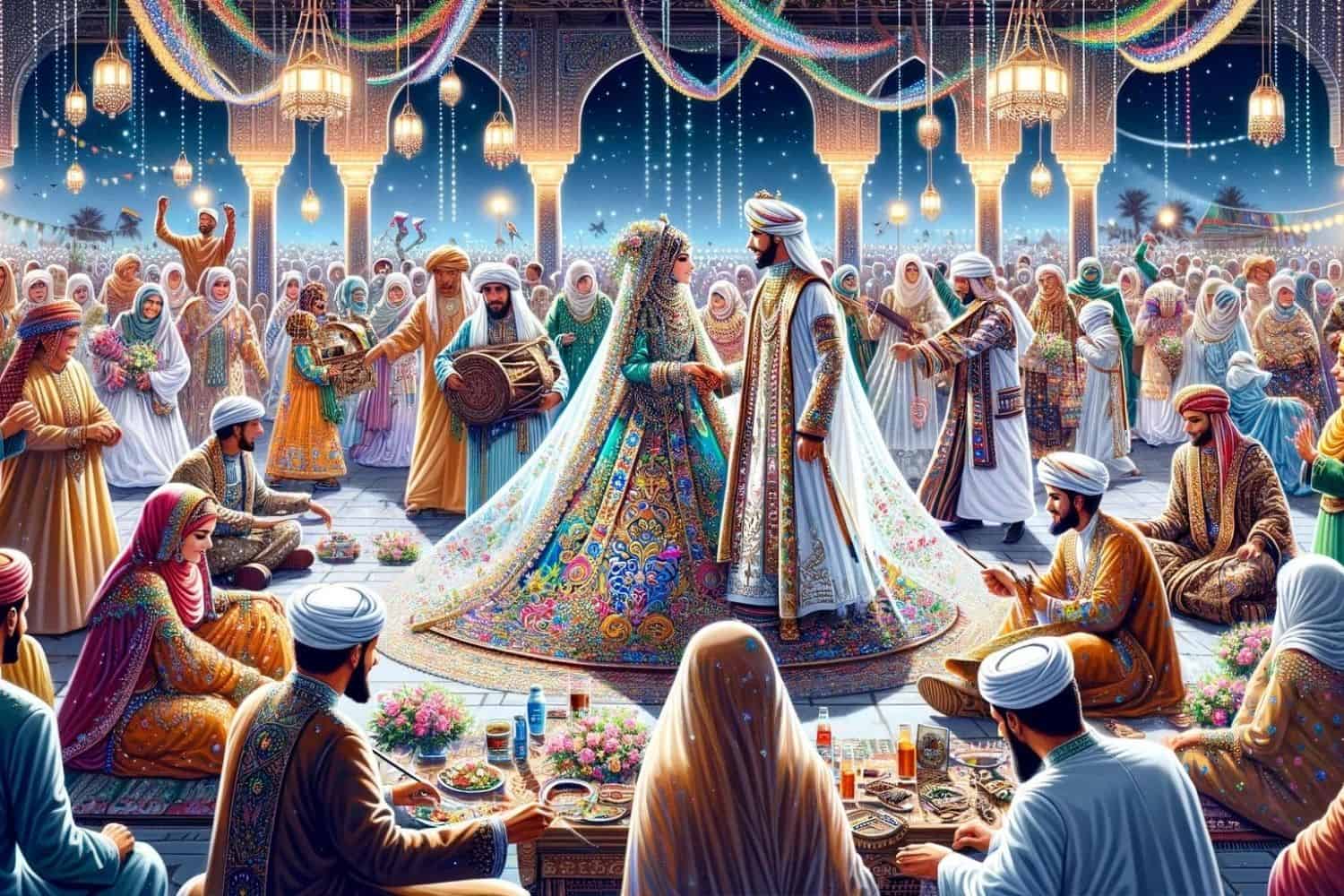
1. Arranged Marriages: Arranged marriages are common in Libya. Families often play a crucial role in selecting suitable partners for their children. Arranged marriages are viewed as a way to maintain cultural and social cohesion and ensure compatibility between families.
2. Matchmakers: Matchmakers, known as “khaastegaar” in Arabic, assist in finding suitable matches for individuals. They consider factors such as family background, social status, and compatibility when suggesting potential partners.
3. Engagement: Once a suitable match is found, the engagement process begins with a formal agreement between the families. This agreement, known as “ikhtilaf,” marks the commitment of the couple to marry.
4. Wedding Celebrations: Libyan weddings are elaborate affairs that can span several days. They typically involve traditional rituals, feasting, music, and dancing. The main wedding ceremony, often held in a mosque or at home, involves the signing of the marriage contract.
5. Bride Price (Mahr): The groom is expected to provide a “mahr” or dowry to the bride as a sign of commitment and financial security. The size and form of the dowry may vary depending on the families and regions involved.
6. Bridal Attire: Brides in Libya typically wear colorful and intricately designed dresses, often complemented by intricate jewelry. The style of attire can vary by region and ethnic group, with Berber, Arab, and Tuareg brides showcasing distinct styles.
7. Post-Wedding Customs: After the wedding, various traditions may continue, such as the “Walima,” a celebratory feast hosted by the groom’s family, and the “Arusipashin,” a ceremony where the bride officially enters her new household.
8. Social and Religious Significance: Marriage is not only a social but also a religious sacrament in Libya, with strong ties to Islamic customs and traditions. The marriage contract, called the “nikah,” is performed according to Islamic principles and may involve recitations from the Quran.
9. Family and Community Involvement: Libyan weddings are not only a celebration of the couple but also a community event. Extended families and the broader community play essential roles in supporting and participating in the festivities.
10. Contemporary Changes: In urban areas and among the younger generation, there is a growing trend toward love marriages, where individuals choose their partners based on personal preferences. However, these unions may still incorporate traditional customs and ceremonies.
Libya marriage traditions reflect the importance of family, community, and cultural identity in Libyan society. While some practices have evolved over time, they continue to be a significant aspect of Libyan life, preserving the country’s cultural heritage and social bonds.
Libya Food Culture
Libya food culture is a captivating and diverse reflection of its history, geography, and the fusion of culinary traditions from North Africa, the Mediterranean, and the Middle East.
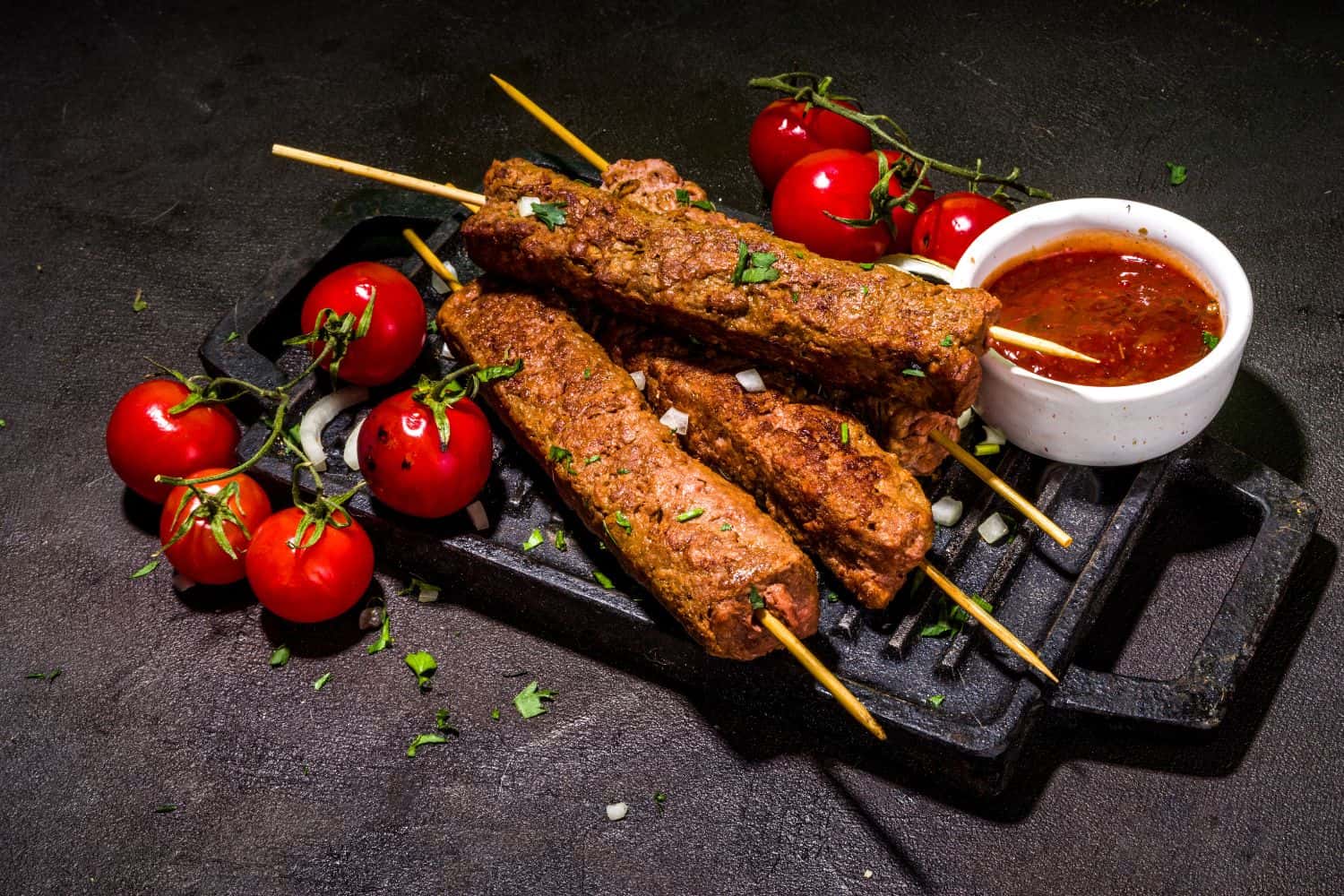
- Regional Variation: Food from Libya diverse geography, encompassing coastal plains, desert expanses, and mountainous regions, has led to a wide range of regional cuisines. Each area integrates local ingredients and culinary techniques, resulting in a diverse tapestry of flavors.
- Staple Foods: Libyan cuisine heavily relies on staple foods such as couscous, bread (particularly “khobz” or Libyan bread), and grains like wheat and barley. Rice dishes like “maqluba” and “mish-mish” are also popular.
- Grilled Delights: Grilled meats, particularly skewers and kebabs, are a hallmark of Libyan cuisine. Lamb, beef, and chicken are commonly featured, often marinated in a blend of spices before grilling.
- Spice and Herb Infusion: Libyan cuisine embraces a range of spices and herbs, including cumin, coriander, cinnamon, and mint. These seasonings lend depth and complexity to dishes.
- Traditional Offerings: Libyan cuisine includes traditional dishes like “bazeen” (a porridge-like dish), “cuscusu” (couscous), “sharmoula” (a herb and spice marinade), and “qatayef” (stuffed pastries). These dishes exhibit regional variations.
- Use of Dairy: Dairy products, particularly yogurt and buttermilk, feature prominently in Libyan cuisine and are used in preparations like “laban” (yogurt-based drinks) and as a condiment.
- Wood-Fired Baking: The use of wood-fired ovens is prevalent in Libya for baking bread and creating dishes like “marguez” (spiced sausages) and “pizza libyana.”
- Sweet Temptations: Libyan sweets often incorporate ingredients like dates, honey, and sesame seeds. “Atayef” and “qurma” are popular desserts, especially during festive occasions.
- Tea Traditions: Libyan tea culture is robust, with black tea being a favored choice. It is often brewed strong and served sweet, accompanied by social gatherings and discussions.
- Community Dining: Libya culture places great importance on communal dining. Families and friends often gather around a “mizwad” (tablecloth) to share meals together.
- Influence of the Libyan Diaspora: Libyan cuisine has gained recognition and popularity in various parts of the world due to the Libyan diaspora. Libyan restaurants in international cities offer a glimpse of Libya culture to diverse audiences.
- Resilience and Adaptation: Despite challenges and changes, Libyan cuisine has endured and evolved. The resourcefulness of Libyan cooks is evident in their ability to create delectable dishes even in difficult circumstances.
Book our services
Our services as a travel agency in Lebanon ensure that your journey is not only enjoyable but also informative and hassle-free. Lebanon’s cultural delights, historical marvels, and natural wonders await your exploration with RJ Travel LLC. Our Lebanon Private Tours are designed to immerse you in the rich cultural heritage, historical significance, and breathtaking landscapes of this extraordinary nation.
Contact Us and our team will make sure to help you plan your trip to Lebanon when it’s safe and ready for travel. Whether you’re interested in joining a pre-arranged Lebanon small group tour or creating a custom itinerary, we are here to make your Lebanese adventure an unforgettable reality.
More About Libya
[the-post-grid id=”50390″ title=”Libya Main page”]
Book Your Trip to Libya Today!
Embark on an unforgettable journey and explore the allure of Libya through our exclusive tours.

